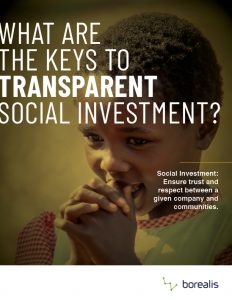Companies operating in the extractive sectors face numerous challenges that firms in other industries do not have to contend with.
First, the richest oil and gas reserves and mineral deposits are often found in remote or isolated geographical regions. The infrastructures (roads, industrial harbors, airports, and electrical power), necessary for the successful operation of any industrial facility, often must be built on-site.
Second, members of local communities may fear the changes that large-scale projects may cause on their lifestyles.
Third, environmental impacts that result from the extraction and conditioning of minerals, oil and gas must be carefully managed.
Fourth, the people living where the resources required to fuel the world economies are extracted, are often in a position of weakness due to a lack of means, education, and proper political representation.
What are the keys to transparent social investment? From the selection criteria to the requests, the execution of the social programs, and the evaluation of the impact of your initiatives; learn how to set up a transparent social investment program.
Project-affected persons
A project-affected person is anyone who loses their rights to own or access a piece of land, a house, a building, crops, trees, and other fixed or moveable assets. Whether the loss is permanent, temporary, partial, or complete. The definition also extends to moral persons.
Free, prior, informed consent (FPIC)
FPIC is the right of indigenous people to give or withhold consent that may affect them or their territories. It also allows them to negotiate important aspects of the projects. Under FPIC, indigenous people can withdraw their consent at any time. FPIC is recognized under the United Nations Declarations on the Rights of Indigenous Peoples (UNDRIP). It is also part of the universal right to self-determination.
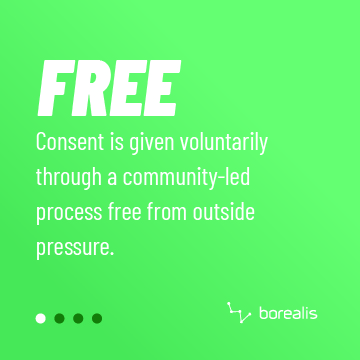
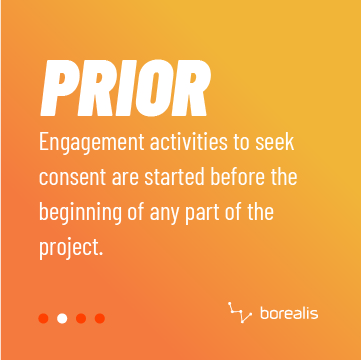
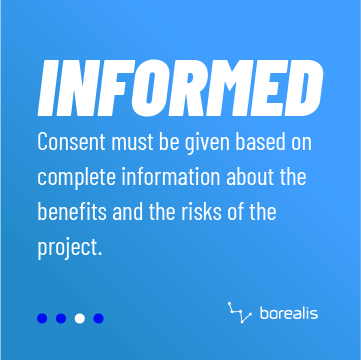
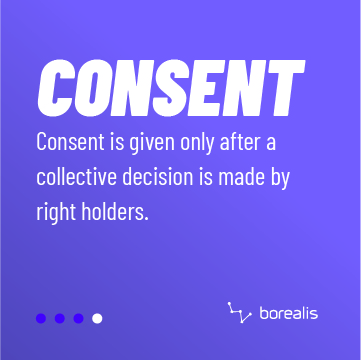
Application of FPIC to the extractive industry
While this sounds good in theory, how does FPIC apply on the ground?
As part of the World Bank, the International Finance Corporation (IFC) aims to end extreme poverty and boost shared prosperity. To do so, it finances large-scale projects in the poorest regions of the world. In order to get financing from the IFC, companies must get the consent of project-affected persons (PAPs) first.
All consultations must be open, transparent, and free of coercion so that PAPs can understand the potential benefits and drawbacks associated with the project. For some large-scale projects, the number of project-affected persons can run into the thousands.
These stakeholders are rarely, if ever, unanimous in their views. Meetings in different communities must be scheduled in advance, and information about the project must be properly communicated. Keeping track of the minutes of these meetings and various information about stakeholders who voice their opinions requires a robust stakeholder information management system.
Criticisms of the free, prior, and informed consent framework
FPIC has been criticized by environmental and human rights organizations. They have often pointed out that project-affected persons are at a disadvantage from the outset of the process because they do not have vast financial resources at their disposal to successfully challenge proposed projects.
The late Robert Goodland, Chief Environmental Advisor at the World Bank from 1978 to 2001, argued that it’s important that consent, rather than consultation, be the goal of FPIC. Such an approach, he pleaded in The Institutionalized Use of Force in Economic Development, avoids many human rights issues related to the involuntary resettlement of indigenous people.
The future of FPIC in the extractive industry
Although free, prior, informed consent might seem like common sense, the legal repercussions are important. Indigenous communities effectively have veto power over project design and implementation.
Given the distinct challenges that extractive companies face when operating in remote environments, FPIC will remain particularly relevant for years to come.





